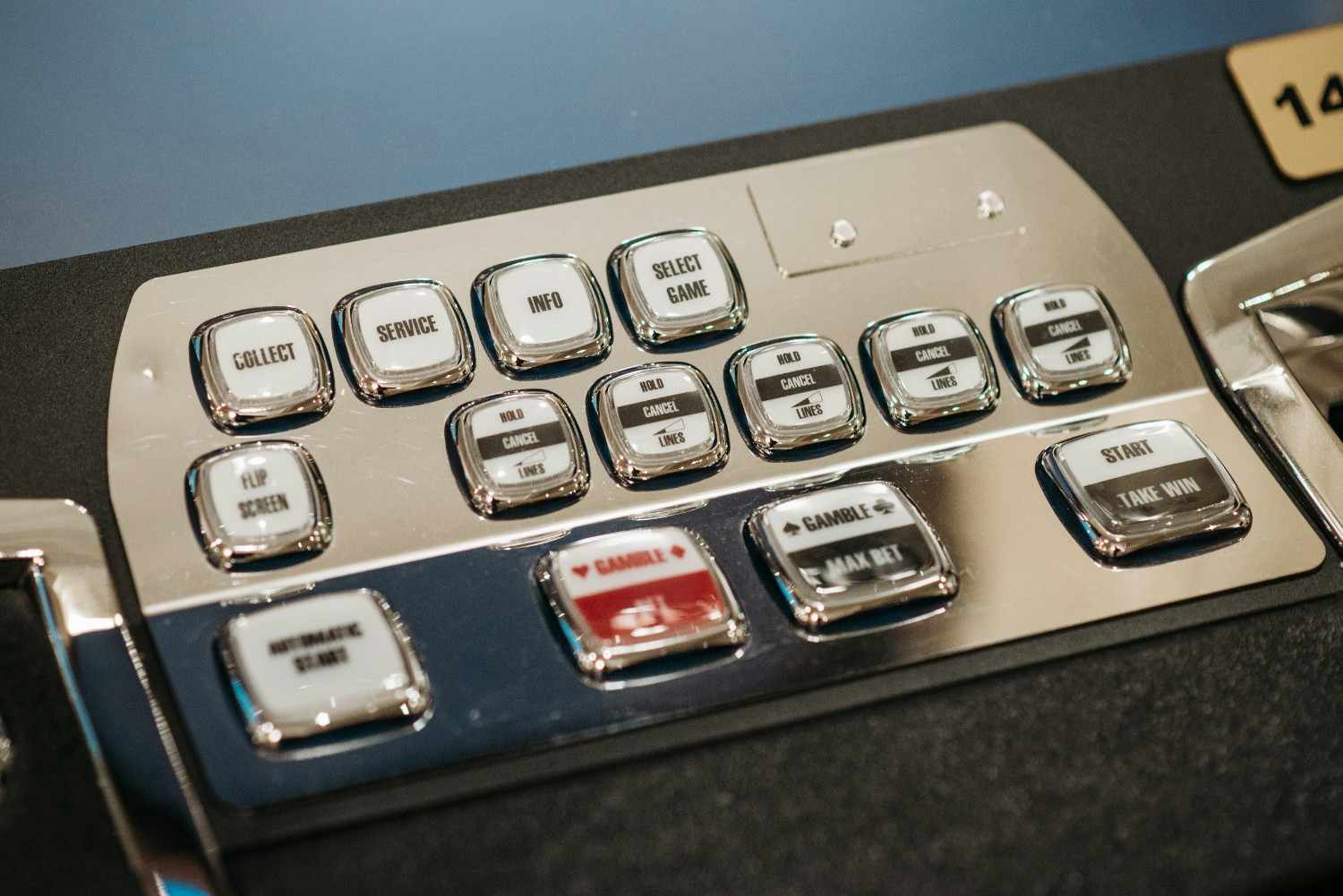The global online gambling industry is experiencing significant growth, driven by technological advancements, increasing internet penetration, and changing consumer preferences. The market size is projected to reach $168.2 billion by 2032. However, this figure could potentially increase significantly if countries like France and New Zealand currently restricting or banning online casino gaming pass pending legislation to regulate their markets.
Which countries have existing legislation that could legalize online casino gaming?
New Zealand
New Zealand’s government announced plans to implement a licensing system for online casinos by early 2026. Led by the National Party, the proposed framework aims to reduce excessive gambling, support tax collection, and improve consumer protection. The industry has generally welcomed this development, with SkyCity Entertainment Group expressing their support for the proposed regulations.
The government estimates that a regulated online casino market could be worth NZ$500 million annually. However, the gambling sector suggests the current spending on offshore casinos is approximately closer to NZ$900 million.
Opportunities for Offshore Casinos
The proposed framework provides a legal avenue for offshore operators to enter New Zealand’s market. However, the government plans to auction a limited number of licenses, which means offshore casinos will need to compete for these licenses. The licenses will be valid for three years, depending on whether casino operators meet the regulatory requirements.
There will be strict compliance criteria for operators, including strict anti-money laundry (AML) and Know Your Customer (KYC) procedures, restrictions on advertising, and no sponsorship is allowed. The Department of Internal Affairs will act as the online casino market’s regulator.
Techopedia’s Sam Barnard mentions how leading gambling websites for NZ players have a wider range of casino games, provide players with an option to use cryptocurrency as payment, and have dedicated sportsbooks. The licensing will be limited to only online casino games and will exclude sports betting and lottery products, limiting offshore casinos with dedicated sportsbook offerings. That, however, does not limit New Zealanders from accessing offshore online casinos, since they do operate in a legal grey area.
France
France plans to legalize online casinos as part of its 2025 budget proposal. This development is significant especially since the country has some of the strictest online gambling regulations in the European Union. France and Cyprus are the only two EU member states that have a complete ban on online casino games. However, France does allow online sports betting, poker, and horse racing.
Details of the 2025 Draft Budget Proposal
The French government has submitted an amendment to its 2025 budget plan that includes the legalization of online casinos. The amended proposal includes:
- Legalizing online casino games such as blackjack, roulette, and slot machines.
- Imposing a substantial tax rate of 55.6% on the gross revenues of online casinos.
- Implementing regulations to limit the impact of online games on consumer health.
The government argues that legalizing online casinos will address illegal gambling. The current illegal online gambling market is estimated to be worth €748 million and €1.5 billion annually. The government also estimates €1 billion in tax revenue if the online casino market is regulated.
Although the proposal is still in its early stages, the debate in the National Assembly began in late October 2024. A public consultation is set to launch in early 2025, and should the proposal be approved, online casinos could potentially be fully operational in France by late 2025.
South Africa
The Democratic Alliance (DA), South Africa’s main opposition party, has indeed introduced a significant piece of legislation called the Remote Gambling Bill 2024 to the country’s parliament. This development is significant and could be the potential turning point for online gambling regulation in South Africa.
South Africa currently lacks comprehensive regulation for online gambling, despite attempts to address this issue in the past. The National Gambling Amendment Act, which aimed to regulate online gambling, was passed by the President in 2008 but has never been brought into operation. This 16-year gap has left the online gambling industry in a legal gray area.
The Remote Gambling Bill 2024
The DA’s Remote Gambling Bill 2024 (B11-2024) aims to fill this legal gap and provide a regulatory framework for online gambling in South Africa. The bill includes:
- Licensing system, the bill proposes three types of licenses:
- Remote gambling operator license
- Manufacturer, supplier, or maintenance provider license
- Employment license
- Regulatory authority: The provincial licensing authorities would handle license applications, but the National Gambling Board would have the final say on issuing licenses.
- Consumer protections include the age restriction of 18 years and above for gambling, self-exclusion schemes, and responsible gambling tools like deposit limits.
- Advertising regulations: Strict rules for advertising online gambling services, including requirements for responsible gambling messaging.
- Compliance with FICA: The bill aims to ensure compliance with the Financial Intelligence Centre Act.
Brazil
Brazil is making a major change in its approach to online gambling. On December 30, 2023, the country passed Law No. 14,790, which marks a turning point in Brazil’s gambling regulations. The new law mainly focuses on regulating fixed-odds betting and online gaming, introducing a federal licensing system for operators. The regulatory framework include:
- A five-year license for online casino and sports betting operators, costing BRL 30 million (approximately USD$6 million).
- A limit of three branded platforms (websites or apps) per license.
- A requirement for operators to be headquartered in Brazil.
- A 12% tax on operators’ gross gaming revenue, in addition to standard corporate taxes.
- A 15% flat income tax on players’ winnings.
The law also mandates responsible gambling measures, including self-exclusion mechanisms and deposit limits. Operators must remain compliant and adhere to the strict integrity standards and are required to undergo regular audits.
The Ministry of Finance is tasked with implementing the regulations, with a target to have the framework fully operational by the end of July 2024. This process is divided into four stages, addressing various aspects such as technical requirements, anti-money laundering policies, and advertising regulations. These regulatory changes are expected to create significant opportunities in the Brazilian iGaming market while ensuring consumer protection and generating tax revenue for the government.
Chile
Chile has made significant strides in regulating online gambling. In March 2024, Chile’s Chamber of Deputies passed a bill to regulate online gaming which is a crucial step towards legalization.
This Bill includes:
- Establishes a licensing system for online casino and sports betting operators.
- Proposes a 20% tax on gross gaming revenue, plus additional contributions for sports and responsible gambling initiatives.
- Grants new powers to regulatory bodies like the Superintendence of Casino Games (SCJ) and the Internal Revenue Service (SII).
- Introduces a National Policy on Responsible Gambling.
Operators must pay an annual license fee of approximately CLP64.2 million (US$74,189). The bill does, however, allow for an unlimited number of licenses. Casino operators are required to implement consumer protection measures which include providing players with responsible gambling tools.
The bill now moves to the Senate for further review and potential approval. If passed, implementation is expected in the latter half of 2024 or early 2025. The government estimates potential annual tax revenue of around US$55 million from regulated online gambling.
This legislation is a massive step up from Chile’s previously unregulated online gambling market towards a more structured, regulated industry. While not yet fully implemented, the bill’s progress does signal that the country is on the verge of establishing a comprehensive legal framework for online gambling.
United States
Online casino legalization in the United States is diverse and evolving, with significant variation across states. While some states have fully embraced online casinos, others maintain strict regulations or outright bans. As of now, online casinos are legal and regulated in several states, including New Jersey, Pennsylvania, Michigan, Delaware, Connecticut, and West Virginia.
Ohio
In Ohio, Senator Niraj Antani has introduced SB 312, a bill aimed at legalizing online casino games. The proposed legislation includes:
- A 15% tax on all games supplied by online casinos, which is lower than the tax rate for online sportsbooks.
- An application fee of $100,000 and a licensing fee of $300,000, along with a $250,000 contribution to a problem gambling fund.
- The Ohio Casino Control Commission would oversee regulation.
- The current status of SB 312 is pending discussion in the legislature during a lame-duck session at the end of 2024. If not addressed soon, the bill may lose its sponsor for the upcoming session.
Illinois
In Illinois, House Bill 2239 proposes to authorize regulated online gaming through the Internet Gaming Act. A $250,000 licensing fee for operators and a 15% tax on adjusted gross revenue. The bill also aims to generate new revenue streams for local governments and is currently under consideration in the legislative session. Prospects for passing this bill look more favorable as lawmakers continue to push for iGaming legalization in 2025.
New York
New York is also exploring online casino legalization through Senate Bill S8185. This legislation could tap into a substantial market size with potential tax revenues estimated in the hundreds of millions. However, challenges remain regarding regulatory frameworks and opposition from existing land-based casinos. The current status indicates ongoing discussions but no final decisions yet.
Conclusion
These countries have existing legislation and are actively considering new laws to regulate online casino gaming. This trend signals a growing global movement towards legalizing and regulating online gambling, often driven by the fight against illegal gambling operations and the economic benefits of tax revenue.









